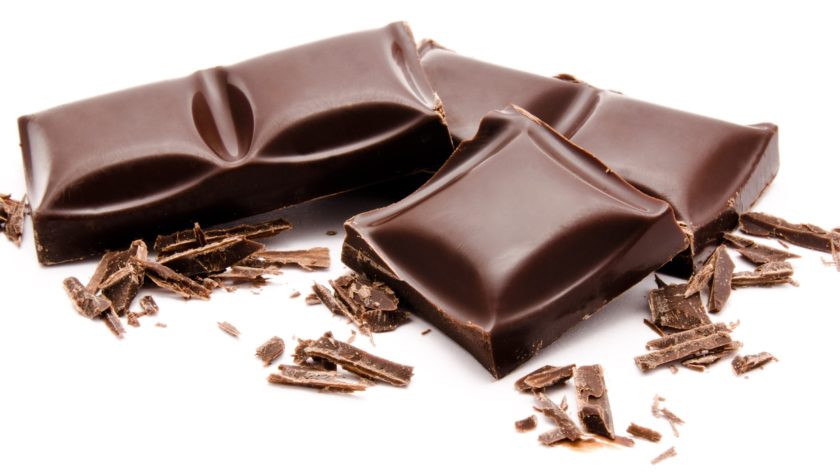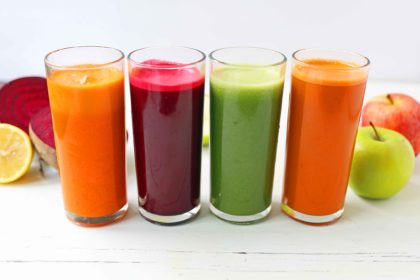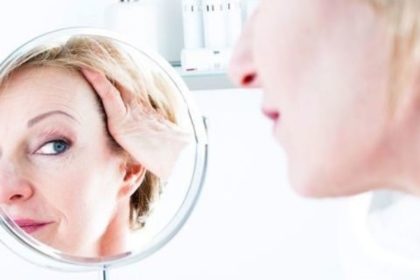Would you ever drink a cup of Starbucks® iced brewed coffee at 2:00 AM, then wonder why you can’t fall asleep? Well, you may as well be doing that if you start each day with a grande-size coffee streaming through your veins.
Here’s why… Caffeine has a lasting effect – a half life of five to six hours to be exact. In other words, it takes five to six hours for the amount of caffeine in your body to be reduced to exactly one-half of its concentration. (Translation: the amount of caffeine remaining in your body after six hours is equal to the amount you flush down the porcelain throne.)
See How It Breaks Down
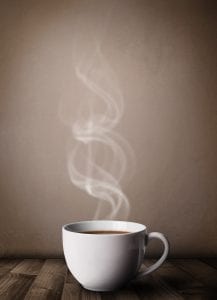 Due to the half-life of caffeine and the amount of caffeine in one grande-size Starbucks® coffee, if you drank one every day at 8:00 AM, by Day 3 at 2:00 AM nearly 44 gm of caffeine could still be in your system. That’s equivalent to a 6-oz cup of Starbucks® iced brewed coffee.
Due to the half-life of caffeine and the amount of caffeine in one grande-size Starbucks® coffee, if you drank one every day at 8:00 AM, by Day 3 at 2:00 AM nearly 44 gm of caffeine could still be in your system. That’s equivalent to a 6-oz cup of Starbucks® iced brewed coffee.
Caffeine starts accumulating in your body when you consume caffeine throughout the day. This could be in the form of another drink, food or even medication.
If you drink a Starbucks® short (8-oz cup) at 2:00 PM every afternoon in addition to your 8:00 AM morning grande, by Day 3 at 2:00 AM, nearly 91 gm of caffeine could still be in your system. That’s equivalent to one 12-oz Starbucks® iced brewed coffee (a clue to why you may not be able to fall asleep during the week).
Your Personal Buzz (Half-Life Variables)
The half-life of caffeine is not a fixed number and can vary from three to over seven hours based on the individual. Variables include your:
- Weight
- Body mass
- Sex
- Age (Caffeine half-life generally increases with age. That’s why caffeine may affect your sleep more than when you were younger.)
- Race
- Genes
- Liver function (Caffeine is processed in the liver. The half-life of caffeine can be up to 96 hours if you have liver disease.)
- Concurrent medications
- Pregnancy (Caffeine half-life can increase up to 14 hours in later stages of pregnancy.)
- Smoking (Smokers clear caffeine from the body faster than non-smokers which may explain why smokers tend to consume more coffee.)
- Other factors can influence how fast or slow each individual metabolizes caffeine.
Caffeine Content in Starbucks® Brewed Coffee
- Coffee, Short (8 oz), 175 mg
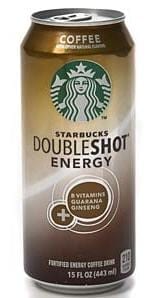
- Coffee, Tall (12 oz), 260 mg
- Coffee, Grande (16 oz), 330 mg
- Coffee, Venti (20 oz), 410 mg
- Espresso Solo (1 oz), 75 mg
- Espresso Doppio (2 oz), 150 mg
- Frappuccino® Blended Coffee, Grande (16 oz), 95 mg
- Iced Brewed Coffee, Tall with milk (12 oz), 90 mg
- Doubleshot® Energy Coffee Drink (15 oz), 146 mg
- Doubleshot® Espresso (6.5 oz), 130 mg
Caffeine Content in Other Drinks Sold at Starbucks®
- Hot chocolate (8 to 16 oz), 10 to 25 mg
- Tazo® Chai Tea Latte (8 oz), 50 mg
- Tazo® Hot Tea, English Breakfast Black Tea (8 oz), 61+ mg
- Tazo® Hot Tea, Pan-Fired Green (8 oz), 31 to 45 mg
- Tazo® Hot Tea, Zen (8 oz), 31-45 mg
- Tazo® Iced Tea, Green (8 oz), 16 to 30 mg
- Tazo® Iced Tea, Black (8 oz), 16 to 30 mg
Caffeine Content in Other Foods
- Caffeinated soft drinks (12 oz), 5 to 75 mg (Caffeine content in carbonated beverages)
- Decaffeinated coffee, (8 oz), 5 mg
- Energy drinks (2 to 16 oz), 6 to 242 mg
- Dark chocolate (1.5 oz):
- 60% cacao, 20 mg
- 70% cacao, 30 mg
- 80% cacao, 40 to 75 mg
Caffeine Content in Common Over-the-Counter Drugs
- Alka-Seltzer Wake-up Call®, 65 mg
- Anacin® maximum strength, 32 mg
- Appetite-control pills, 100 to 200 mg
- Dexatrim® appetite suppressant, 200 mg
- Diurex® water pills, 50 mg
- Dristan® capsules, 16 mg
- Excedrin® (2 tablets), 130 mg
- Midol® menstrual maximum strength caplets, 60 mg
- NoDoz®, 200 mg
- NoDoz®, maximum strength, 200 mg
- Vanquish® caplets, 33 mg
- Vivarin®, 200 mg
Caffeine Content in Common Prescription Drugs
- Cafergot® suppositories (migraine headache treatment), 100 mg
- Fiorinal® capsules/tablets (headache pain reliever), 40 mg
- Norgesic® (muscle relaxant), 30 mg
- Triaminacin® (acetaminophen) with codeine tablets, 30 mg
Should I Limit My Caffeine Intake?
Caffeine can disrupt your deep (restorative) sleep. It can also affect your ability to fall asleep which cuts down on your total sleep time. According to studies on sleep and mortality, insufficient sleep can shorten your life.
For optimum health, limit your caffeine intake to:
- 400 mg/day or less (per the FDA)
- 250 mg/day or less if you’re over 65 years old
- 0 mg/day if you’re anxious, agitated and/or depressed
Can Cardiac Patients Have Caffeine?
According to the American Heart Association, the results linking high caffeine intake with heart disease are conflicting possibly due to the way the studies were performed and to a varying intake of dietary fats and cholesterol.
Per a study of 45,589 U.S. men ages 40 to 75 years old and no history of cardiovascular disease, there was NO conclusive evidence that linked caffeine consumption with:
- Increased risk of heart attack
- Need for coronary-artery bypass grafting or angioplasty
- Risk of stroke
Fit Tip: Try to avoid caffeine in the mid-afternoon and evening. Drinking moderate amounts regularly, such as one to two cups of coffee per day, doesn’t appear to be harmful and may even be beneficial as long as you’re getting seven hours of uninterrupted sleep every night.
Sources:
Coffee, caffeine, and cardiovascular disease in men. New England Journal of Medicine. Oct 1990.
Caffeine clearance test: a quantitative liver function assessment in patients with liver cirrhosis. Chinese Medical Journal. May 1996.
Caffeine clearance by two point analysis: a measure of liver function in chronic liver disease. The Tokai Journal of Experimental and Clinical Medicine. Dec 1996.

